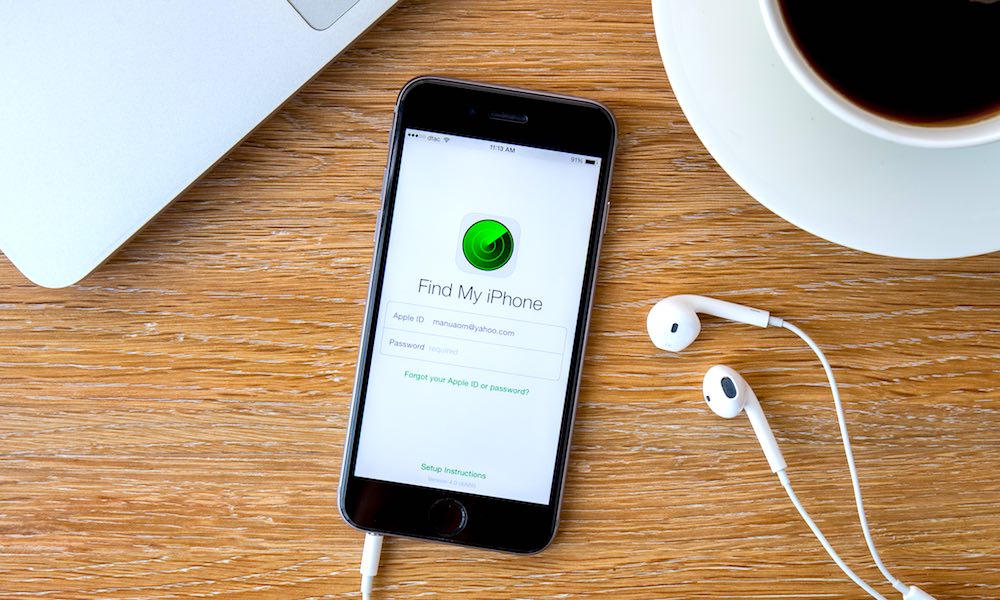Apple’s New Technology Could Allow You to Locate a Lost or Stolen iPhone Even if It’s Powered Down

Toggle Dark Mode
I couldn’t imagine myself in a more daunting position than having misplaced my iPhone, or, heaven forbid, having it stolen from me, with no recourse or clues on where to find it. That may be a hypothetical situation, of course, but for what it’s worth, iPhones get lost or stolen every day of the week.
Fortunately, according to the U.S. Patent & Trademark Office, Apple was recently granted a patent that, if employed, could make tracking down your lost or stolen iPhone or iPad easier than ever before — and best of all, the misplaced device wouldn’t even have to be powered on in order for the feature to work properly.
Apple’s patent, U.S. Patent No. 20160323703, which was granted the company on May 6th, and published on November 3rd, 2016, details a method by which the Find My iPhone feature could work even if the device is powered off.
As it stands, Apple’s Find my iPhone feature works for most Cellular/LTE-connected devices, including iPhones and iPads, but only when the feature has been activated and set-up prior to your misplacement of the device. However, according to Apple’s patent filing, the hardware location and recovery feature could one day work even if the device you’re trying to track down has not been configured with Find My iPhone.
This would happen, in essence, because the lost or stolen device would be able to “periodically exit an unpowered state and transmit location data,” according to Apple’s patent filing. The Cupertino-company could employ a built-in timer of some sort, which would enable certain elements of the device — such as Wi-Fi location and data connectivity — to power on even if the handset is fully powered down, and the SIM card is removed.
This would allow the device to transmit location data, including any relevant voice, photo, or other input, via a number of channels, including text and email, to the Apple ID associated with the device you’re trying to locate. Unfortunately, since the feature would be largely dependent on the handset’s connectivity to a known cellular network, it likely wouldn’t work for Apple’s MacBook computers or Wi-Fi only iPads registered with Find My iPhone, according to CultOfMac.
Of course, Apple is known to patent much more than the company is able to actually utilize in commercially available devices. However, if the Cupertino-company were ever able to make this feature commercially available to the tune of, say, Touch ID, I think the mere concept of a ‘lost or stolen iPhone’ would soon become a thing of the past.
What do you think about Apple’s new “method for determining a wireless device’s location after shutdown” patent?
Let us know in the comments!






